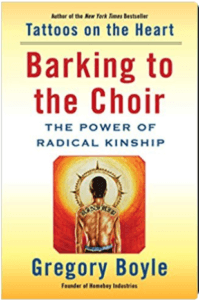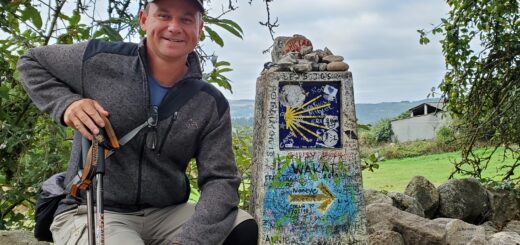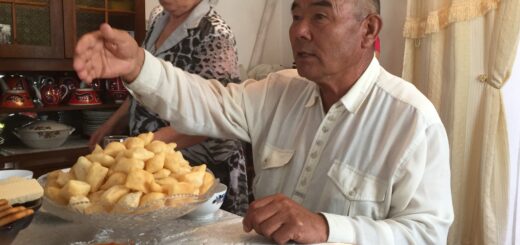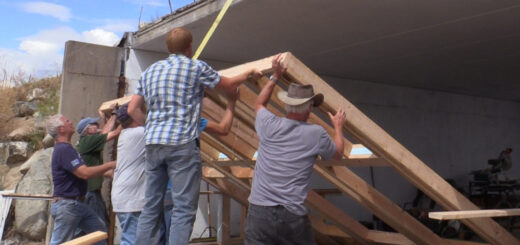Can we find a sense of humanity, grace dealing with the dispossessed and demonized?
“Why do we treat the homeless as a burden rather than as an untapped resource?”
Laurel Turner asked me that rhetorical question the other day as we chatted in her office. She’s the executive director of the Women’s Resource Center and is devoted to working with the homeless rather than serving them. The difference is in those two approaches is profound. The former assumes that one is helping a person who is down and out. The second is anchored in the belief that we have as much or more to learn from each other.
Faith, for him, is “not about saluting a set of beliefs,” Instead, Boyle told interviewer Krista Tippett on the On Being podcast. “It’s about walking with Jesus and being a companion…. particularly of standing in the lowly place with the easily despised and readily left out, and with the demonized so that the demonizing will stop, and with the disposable so that the day will come when we stop throwing people away.”
Boyle is the author of the acclaimed “Tattoos on the Heart” about his experiences and most recently published “Barking to the Choir: The Power of Radical Kinship.” His impact on the dispossessed in Los Angeles has been remarkable.
He speaks to the tendency we all have of closing our eyes and hearts to the suffering around us.
The challenge among so many in our society is that hope is foreign to them, Boyle says, and their actions almost invariably come from a place of running from terrible circumstances. Take the case of the 6-year-old boy who was told by his mother to commit suicide because he was such a burden to her.
The wounding of these individuals is profound and Homeboy Industries was created to provide jobs but more importantly a sense of community. The job is important, but relationships are vital to connect people in a meaningful way.
“So how can we seek a compassion that can stand in awe at what people have to carry, rather than stand in judgment at how they carry it?” Boyle asks.
In a recent interview on Book TV, Boyle put it this way: “A huge part of what we were called to do is to reach in and dismantle the messages of shame and disgrace that get in the way – they keep people from seeing their truth.”
When I listen to Boyle, I think of the social workers, homeless advocates like Turner, prison chaplains and so many others who are doing this kind of work to reach as many of the outcasts in our midst. This is work that so many in our community support.
Many of us invariably say, “lock ‘em up and throw away the key.” To me, the heroes are those who reject that easy path and do what they can to help struggling community members find their place in society.
Regardless of where you stand on his views, it’s worth listening to Boyle and putting your own beliefs to the test. I came away with a deeper appreciation for the struggles of so many in our midst.
Boyle’s view is rooted in a belief in the common humanity of all.
What I appreciate about the Wenatchee Valley and North Central Washington is that we have so many people from all walks of life who are trying to make a difference for those struggling with poverty, homelessness and other challenges.
To listen to or watch interviews with Fr. Boyle, check out onbeing.org or search for Gregory Boyle on PBS’s Book TV.
Here’s a link the Tippett’s podcast:
On Being interview with Fr. Gregory Boyle
Here’s a link to the Book TV interview:




